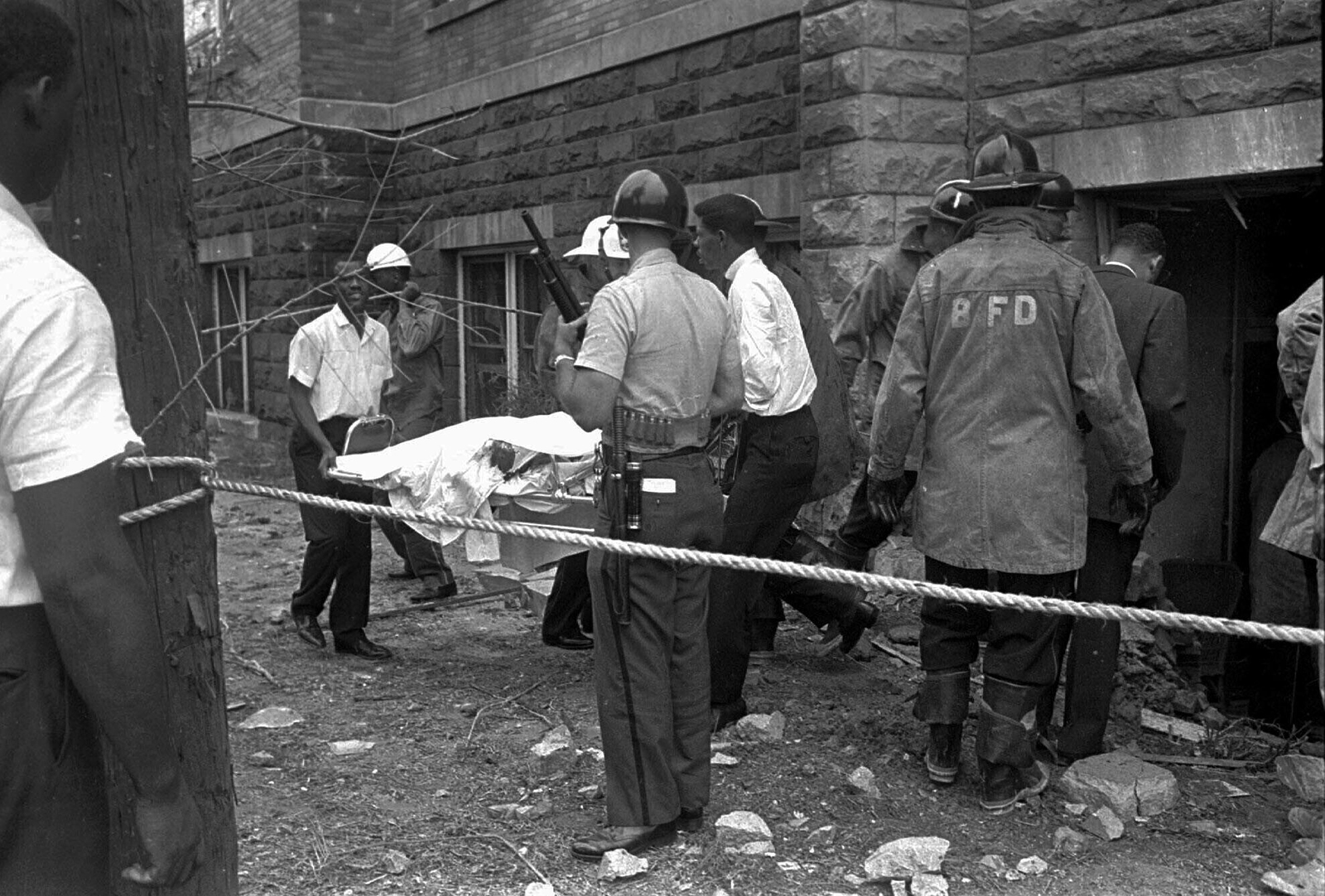(RNS) — Before she became known for R&B, soul and dance music, singer Candi Staton was a musician in an Alabama church. On a Sunday in the middle of September, 1963, she accompanied her church’s minister when he was invited to preach at a Birmingham congregation about 20 miles away.
Her plans to play the piano and sing with the choir were interrupted by the news that the nearby 16th Street Baptist Church had been bombed. Sixty years later, she has composed “1963,” a song and soliloquy to mark the tragedy and to name the four people who died at the church that day:
“Four little girls lost their lives/Little Cynthia Wesley/Little Carole Robertson
Little Denise McNair/And Little Addie Mae Collins/Between the ages of 11 and 14/
They never made it that day/Lord, have mercy.”
“Their lives were lost, and people should know their names,” Staton said in a Wednesday (Sept. 13) interview. “They just said ‘four little girls,’ and that could have been anybody.”
Staton, 83, a member of an Atlanta-area Word of Faith church, continues to sing gospel and secular music, including during recent European music festivals, decades after receiving four Grammy nominations. “1963” is set to release on digital platforms on Friday.
The Hanceville, Alabama, native spoke to Religion News Service about her memories of Sept. 15, 1963, what it was like being a child singer in a gospel trio, and why she returned to gospel music later in life.
The interview was edited for length and clarity.
Was ‘1963’ something you wrote over time or something you composed quickly?
I composed it quickly because I lived it. I was there. I was in Birmingham the Sunday that it happened with my two little boys. One was almost 4 and one was a baby at the time. And we were at a church during that day when it happened.
We had been invited to do the morning service (at the nearby church). And I would play the piano, and I would sing with the choir. We had already started when one of the deacons come bursting through the door screaming, “Get out, get out. They’re rioting down the street. Four little girls have got killed at the 16th Street Baptist Church.” I was shaking. I’ve never been in anything like that. I was 23. And with two small children and you’re thinking about how are we going to make it?
I was thinking about trying to protect my children. And we had to drive right through the worst part of the riots — downtown Birmingham.
What was it like to leave the church you were visiting and trying to head home on that day?
It was horrible. People were running. They were screaming. They were cursing, crying. They were trying to get out of the way. And we were trying to get through the crowd. The traffic was horrible. We were just going at a snail’s pace, just trying to get through all of it, plus trying to dodge some of the rocks they were throwing through the windows of the stores downtown. They were pushing over cars, and I was praying they wouldn’t push ours over.

FILE – Firemen and ambulance attendants remove a covered body from 16th Street Baptist Church, where an explosion ripped though the structure during services, killing four girls, on Sept. 15, 1963. (AP Photo, File)
Members of the Ku Klux Klan planted the bombs and were convicted for their crime at 16th Street Baptist, but I understand you had other memories of the Klan as well.
I was about 6 or 7 years old. And I remember them so well. We were so afraid. We stayed afraid all the time because the Civil Rights law had not been established. We were lesser citizens, and they never let us forget that.

